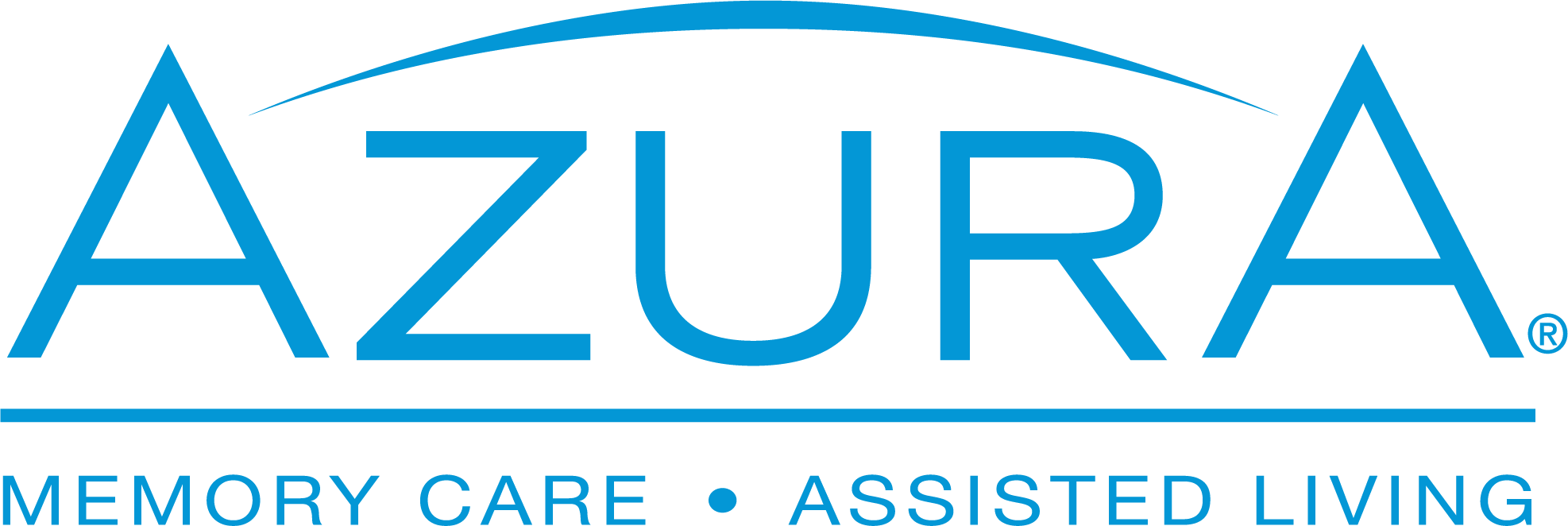If you Google “How many different kinds of dementia are there?” you will be presented with hundreds of answers. Realistically, there are more types of dementia than we really know, but for the sake of this blog we will be focusing on the four most common – Alzheimer’s, Vascular, Lewy Body and Frontotemporal.
Dementia is an umbrella term used to describe a range of neurological conditions affecting the brain that get worse over time. As we age, it is normal to lose some neurons in the brain. People living with dementia, however, experience a far greater loss. Many neurons stop working, lose connections with other brain cells, and eventually die. At first, symptoms can be very mild but can grow to be very serious over time. Symptoms can be similar among different types of dementia, and some people can actually have more than one form of dementia, making a correct diagnosis very difficult. Let’s take a deep dive into Alzheimer’s, Vascular, Lewy Body and Frontotemporal dementias.
Alzheimer’s disease: Alzheimer’s occurs when abnormal deposits of proteins form amyloid plaques and tau tangles throughout the brain. The typical diagnosis age ranges in the mid-60s and above, with some cases in mid-30s to 60s.
Symptoms include:
Mild
- Wandering and getting lost
- Repeating questions
Moderate
- Problems recognizing friends and family
- Impulsive behavior
Severe
- Cannot communicate
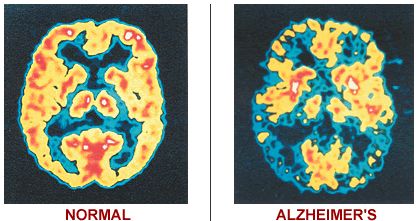
Vascular Dementia: Conditions, such as blood clots, disrupt blood flow in the brain. The typical age of diagnosis affects those 65 years and older.
Symptoms include:
- Forgetting current or past events
- Misplacing items
- Trouble following instructions or learning new information
- Hallucination or delusions
- Poor judgment
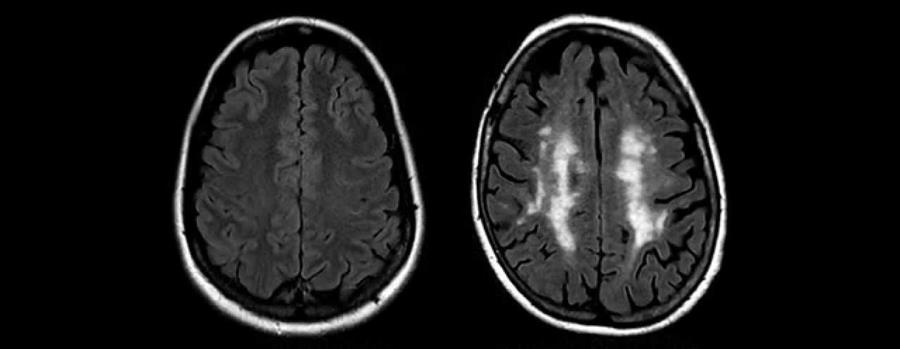
Lewy Body Dementia: Lewy Body dementia occurs when abnormal deposits of the alpha-synuclein protein, called “Lewy bodies,” affect the brain’s chemical messengers. The typical age of diagnosis for Lewy Body dementia is those over 50 years old.
Symptoms include:
Cognitive Decline
- Inability to concentrate, pay attention, or stay alert
- Disorganized or illogical ideas
Movement Problems
- Muscle rigidity
- Loss of coordination
- Reduced facial expression
Sleep Disorders
- Insomnia
- Excessive daytime sleepiness
Visual Hallucinations
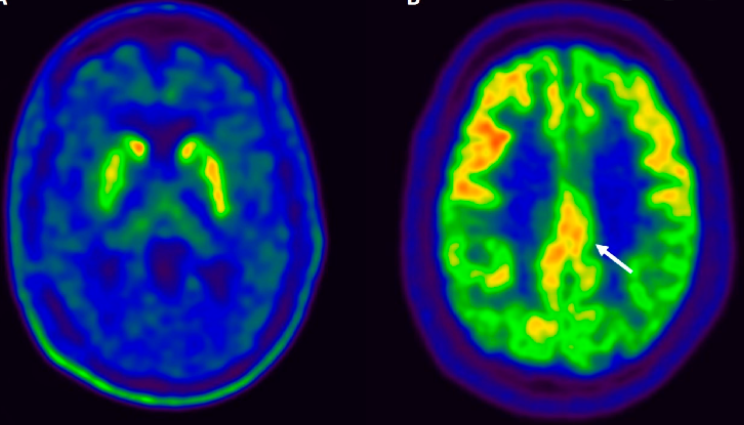
Frontotemporal Dementia: Frontotemporal Dementia occurs when abnormal amounts or forms of tau and TDP-43 proteins accumulate inside neurons in the frontal and temporal lobes. The typical age group that this affects is those between 45 and 64 years old.
Symptoms include:
Behavioral and Emotional
- Difficulty planning and organizing
- Impulsive behaviors
- Emotional flatness or excessive emotions
Movement Problems
- Shaky hands
- Problems with balance and walking
Language Problems
- Difficulty making or understanding speech
There are several types of frontotemporal disorders, and symptoms can vary by type.
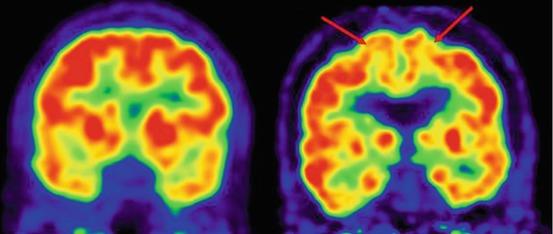
There is unfortunately no cure for dementia, but medications and therapies may help manage symptoms. If you want to learn more about the different kinds of dementia, how it affects you or your loved one and ways to be more proactive than reactive, dementia expert Teepa Snow released a podcast going in depth about the subject. Listen to it here!
We hope that this brings a better understanding to the different kinds of dementia that we see in our homes daily. For more helpful resources, head to our website www.azuraliving.com.
